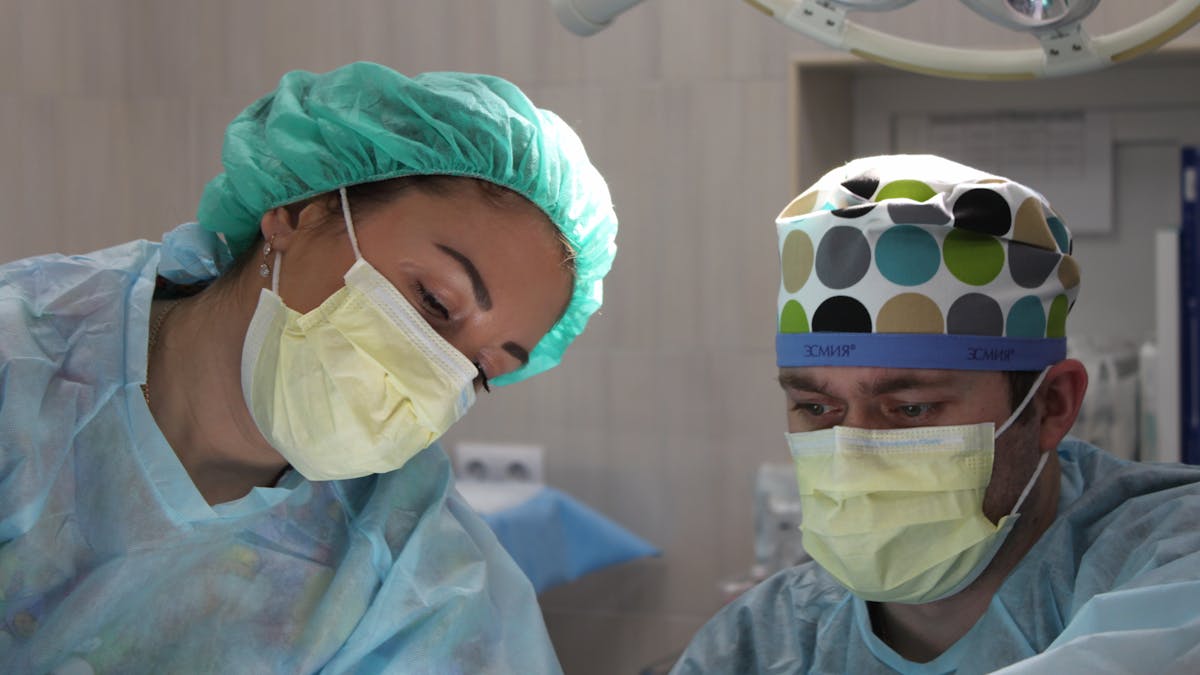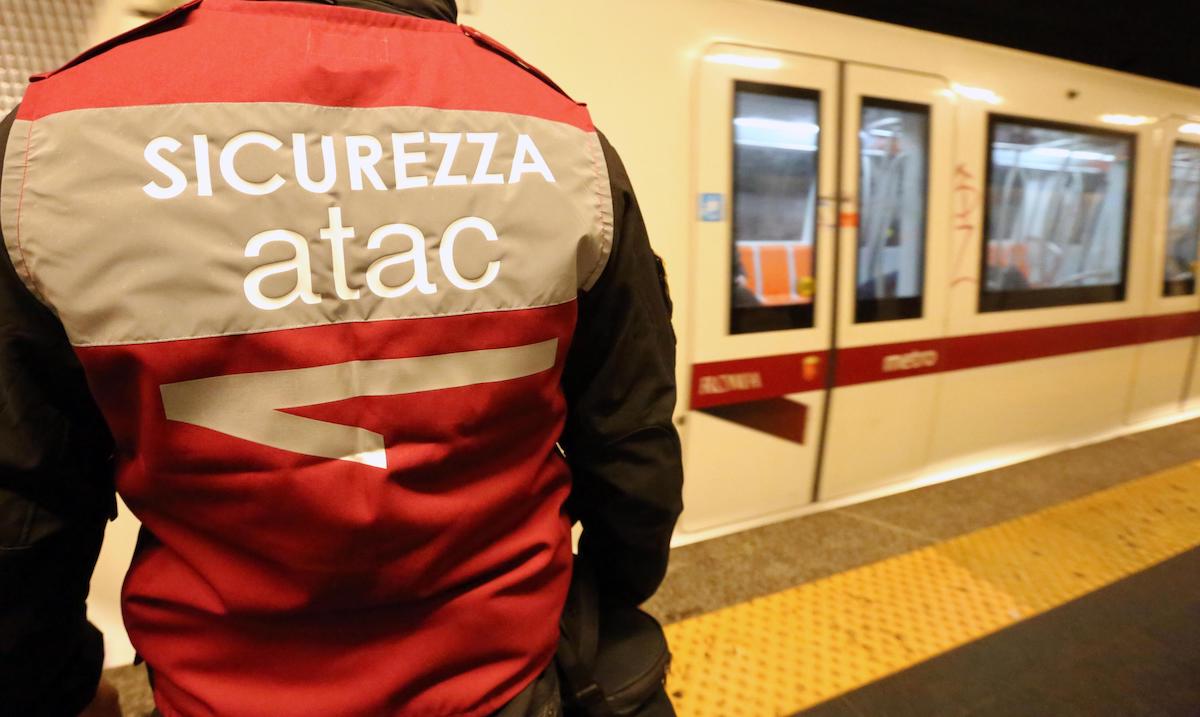The European Institute of Oncology (IEO) in Milan, with the support of the Umberto Veronesi Foundation, has launched a clinical study to evaluate the effectiveness of cryoablation in the treatment of breast cancer, instead of the scalpel. This would mean fewer scars, no general anesthesia, day hospital surgery and a drastic reduction in costs for the health system. The project aims to recruit 234 patients over the age of 50 with small breast tumors (up to 15 millimeters) and at low risk of recurrence. Cryoablation, a well-established technique that uses very low temperatures to destroy tumor tissue, can be performed with a minimally invasive approach.
How it works
“It is safe and minimally invasive, it does not require surgical intervention and is carried out under local anesthesia, allowing the patient to return home the same day,” explains Franco Orsi, director of interventional radiology at the IEO, at Corriere della Sera. In fact, this technique is already used successfully to treat kidney and lung tumors as well as bone metastases. “The procedure involves inserting a needle-sized probe directly into the tumor under ultrasound guidance,” explains Orsi. “The probe releases a refrigerant charge of up to -190 degrees. Destroy the tumor and its margins, without pain for the patient, subject to light sedation.
Less invasive
Numerous studies have already shown that cryoablation can provide similar results to traditional surgery. With significant advantages in terms of aesthetic result, fewer complications and reduced costs. The American ICE3 trial showed that five years after cryoablation, 96.4% of patients had no recurrence. “Surgery remains the standard treatment for breast cancer, but for 40 years the goal has been to minimize the invasiveness,” explains Paolo Veronesi, director of the IEO Senology Program and president of the Veronesi Foundation. “Percutaneous treatments such as cryoablation offer a valid alternative, guaranteeing the same oncological safety with a lesser impact on women’s lives,” he adds. “With this first Italian study, we want to demonstrate that percutaneous cryoablation in the treatment of low-risk breast cancer is not inferior to traditional surgery,” concludes Orsi.



